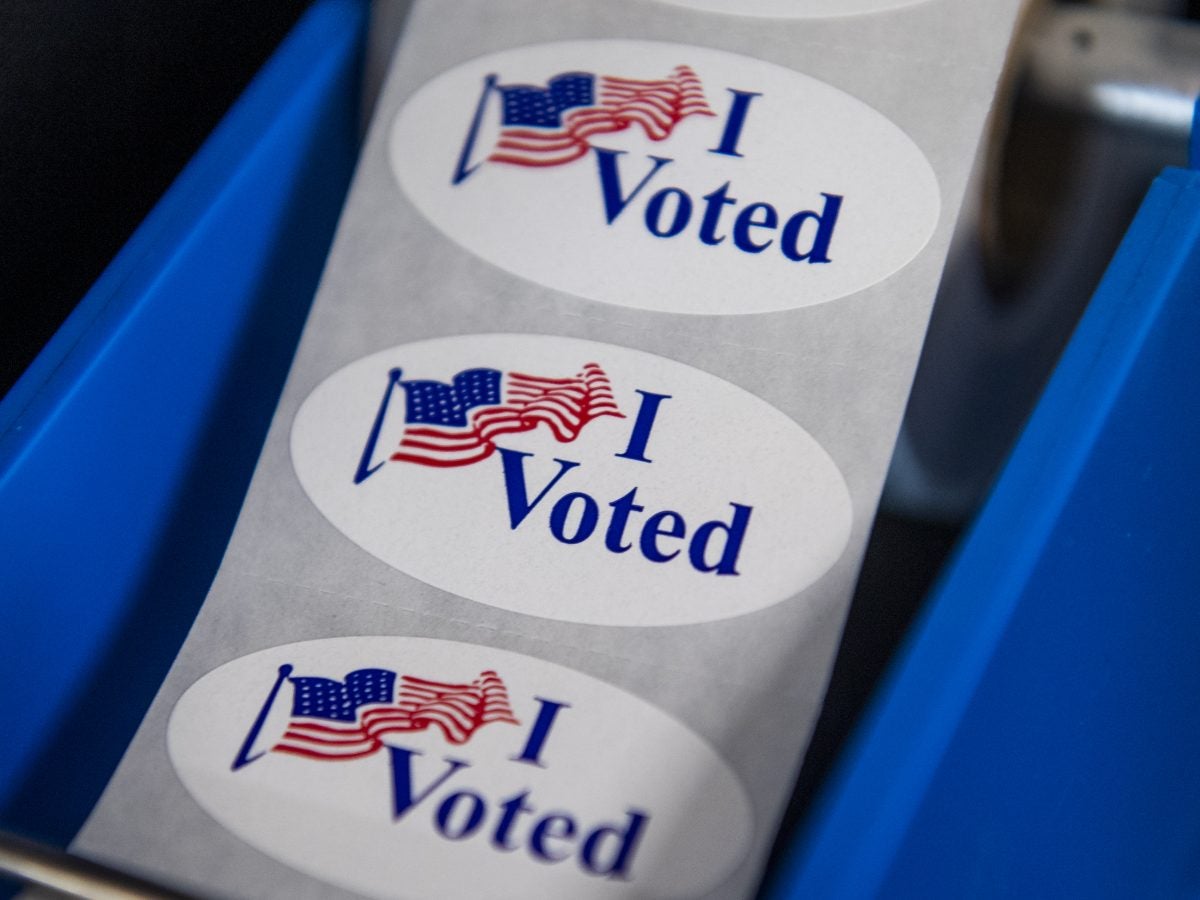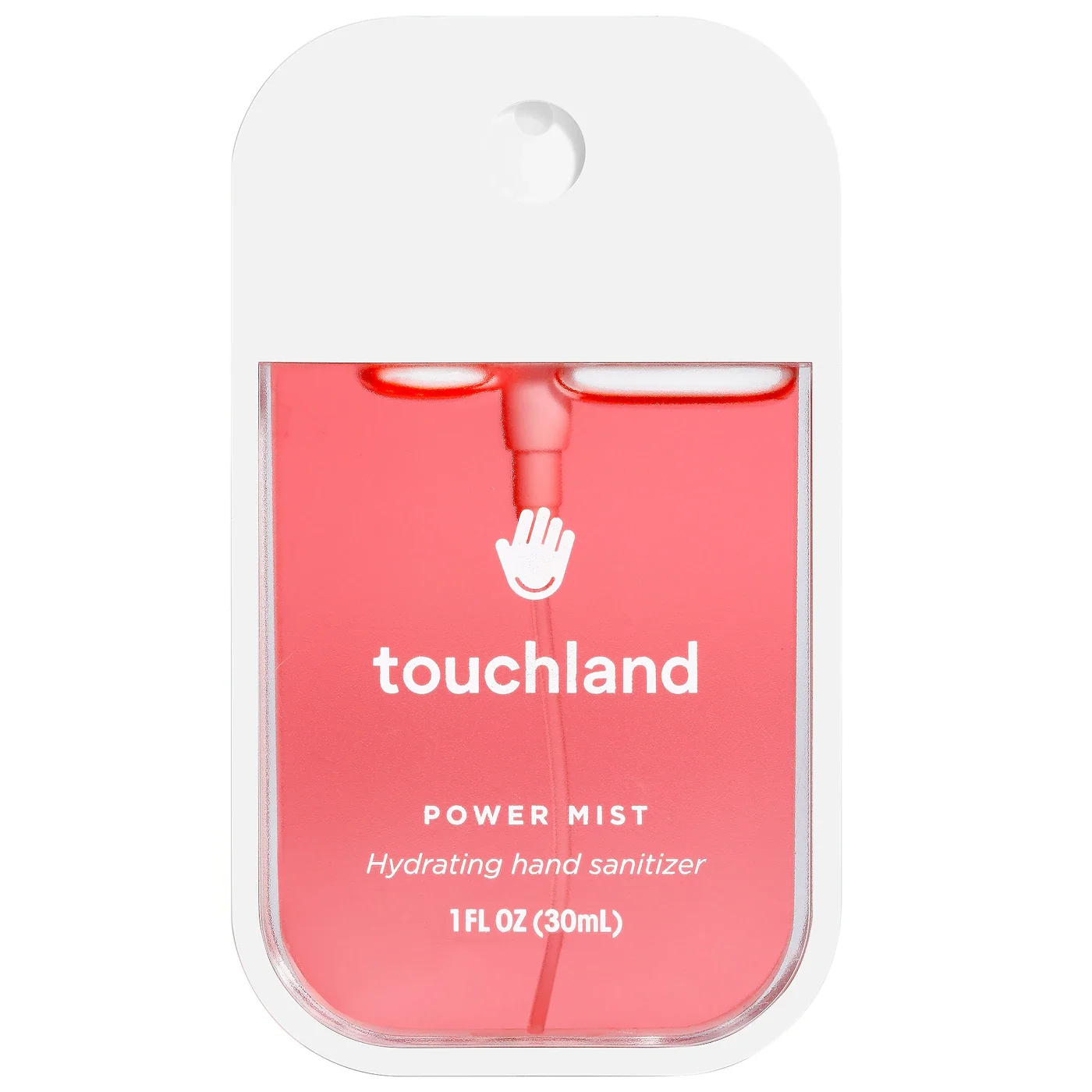
2022 marks a mid-term election year as most politically-minded Americans are already looking ahead to 2024, which undoubtedly may find Donald Trump running for re-election. For Pamela Moses, the Memphis woman who was sentenced to six years in prison for trying to register to vote, she already acknowledges the “scare tactic(s)” is created to discourage other people from casting a ballot.
According to a report by The Guardian, Moses, who was released from prison on bond on Feb. 25, learned that she was only granted a request for a new trial after evidence, obtained by the publication, had been disclosed to her defense attorneys.
Her first interview since being freed finds Moses recalling the moment when Judge W Mark Ward decided to grant her a new trial, which resulted in her becoming “overwhelmed with joy.” A judge rarely reverses decisions, let alone grants requests for new trials, but Moses’ prayers were answered when she learned that Judge Ward had seen beyond her criminal record.
“I was very grateful that God had allowed him to correct his own mistake, and that’s what you need in the criminal justice system.”
Moses, a longtime activist who founded the Memphis chapter of Black Lives Matter, still faces the possibility of a retrial. She says that she was unaware of her ineligibility to vote, and state officials acknowledge they made an error in indicating to her that she was eligible. Her case has brought renewed focus to the practice, common in many U.S. states, of depriving people convicted of certain felonies of their voting rights for widely varying lengths of time, but sometimes for life.
“It’s a scare tactic, what they did to me,” Moses told the Guardian. She thinks other people with criminal convictions will think twice before seeking to cast a ballot in elections. “It’s like, ‘if she went to jail for that, we don’t need to do that. We don’t need to follow her because we’re going to be in jail for six years too.’ I would say it sends a confusing message to people who want to vote.
“Why should people be worried if they’re going to be prosecuted for doing their civic duty?”
Moses’ case caused national attention to be driven to her after the harshness of her sentencing made people feel like it held a not-so-hidden agenda. Memphis election officials even conceded that they erroneously never removed her from the voter rolls after she pleaded guilty to felony charges in 2015.
In another document obtained by the Guardian last month, after the trial concluded, evidence showed that probation officials investigated the incident and discovered that the probation officer, identified as Manager Billington, had made an error on his own. Despite Moses’ file citing that she was still on probation, Billington thought that another person had made a mistake. The official who conducted the investigation ultimately determined that Billington was negligent and to blame for the error.
Moses went out of her way to defend Billington. “I don’t like how everybody is portraying that supervisor as a bad person. That man did his job,” she said. “I don’t think that man did anything other than what he could do based on the information that he had in front of him.”







Her case is one of several high-profile instances where white and Black defendants were treated when it comes to election crimes. Black people have received longer and harsher prison sentences than white defendants, even though the latter are purposefully impersonating family members in order to cast multiple votes.
“The reason why Ms. Moses’ situation has got the attention of the nation is that this sort of disparate treatment happens all the time,” said Rodney Diggs, one of her attorneys. “The disparate treatment between people of color and non-people of color. You can just see the differences.”






